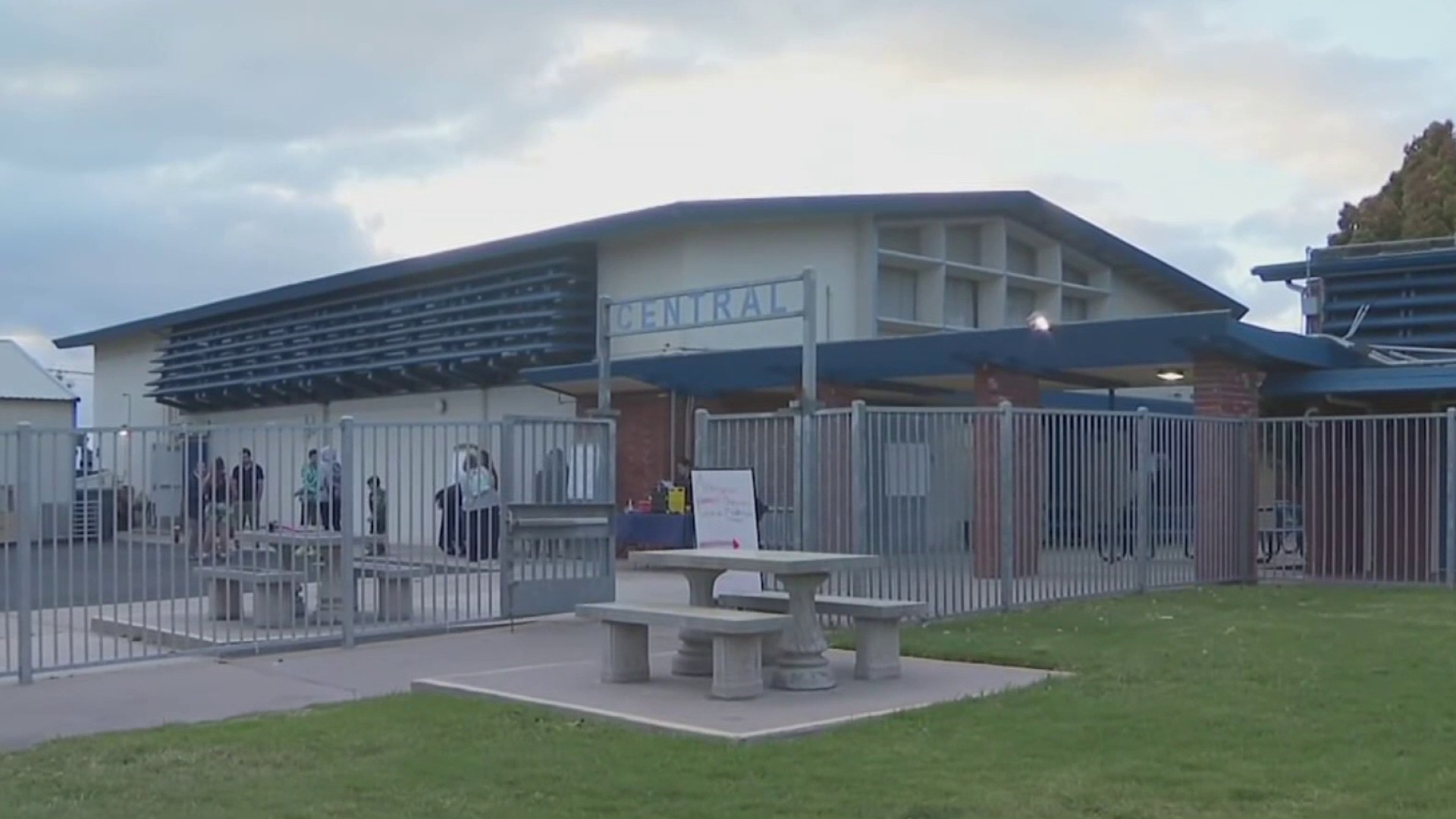A new law taking effect July 1, 2019 requires law enforcement agencies to release video recordings of shootings or critical incidents of force in a historically short amount of time.
If someone requests the video the agency must release it within 45 days of the incident, according to Assembly Bill 748 which was signed into law last year by then Governor Jerry Brown.
The new law presents some clear challenges for law enforcement agencies who will receive requests for video long before their investigations into the incidents are complete.
In the case of a shooting for instance, it usually takes agencies around three months to wrap up an internal investigation and then another three months of review at the District Attorney's level.
This means it's at least six months before the District Attorney releases the results of their investigation and images from body worn cameras.
As the head of the largest law enforcement agency in San Diego County, Sheriff Bill Gore says it would be irresponsible to release video of critical incidents, especially officer involved shootings, before District Attorney Summer Stephan releases her findings.
"Force is never pretty to see, I don't care what the case is, but you have to know what prompted it, what other witnesses saw, what other witnesses heard, and draw a total picture," said Gore.
Local
Sheriff Gore says the early release of video, just one part of an investigation, could sway a jury and taint the legal process.
AB 748 includes an option for law enforcement agencies to extend the 45-day timeline if they feel the early release would substantially interfere with an active investigation.
"We're not going to be releasing any of those videos prior to the DA making her determination and we've so notified the requester when they come in," said Gore.
Community activists and family members of suspects will make the public records requests, but most will likely come from media outlets.
If police agencies delay the release of recordings too often, the law could wind up getting dissected in court.
Sheriff Gore says one of the biggest burdens on law enforcement agencies will be the time and man power needed to protect the faces and information of innocent people.
The Sheriff's Department has already reassigned 11 employees to a "redaction team" which will be in charge of editing and blurring the recordings.
Sheriff Gore says for every minute of video it will take 1 to 2 hours of review to properly redact it.
This same team has already started working on personnel files which can now be made public through a similar law passed in Sacramento, SB 1421, which took effect in January.
Despite all of the challenges to law enforcement created by the new laws, Sheriff Gore hopes they will lead to greater public confidence in police agencies across the state.
He says transparency is good for his department, because they have nothing to hide.
But, as AB 748 is already demonstrating, transparency doesn't come free.



